
Nairobi: The Vibrant Heart of Kenya
Nairobi, the capital city of Kenya, is a bustling metropolis that offers a unique blend of urban sophistication and natural beauty. Known as the 'Green City in the Sun,' Nairobi is a place where you can experience the harmony of modernity and tradition. Start your journey in the city center, where you'll find an array of historical landmarks, including the National Museum, which showcases Kenya's rich cultural heritage. The nearby Snake Park and Botanical Gardens are also worth a visit. For a more contemporary experience, explore the upscale shopping malls and vibrant nightlife that Nairobi has to offer. Nature lovers will find Nairobi a haven, with the Nairobi National Park located just a short drive from the city center. Here, you can embark on a safari and see lions, giraffes, and rhinos against the backdrop of the city skyline. The David Sheldrick Wildlife Trust and the Giraffe Centre are must-visits for animal enthusiasts, offering close encounters with baby elephants and Rothschild giraffes respectively. Nairobi is also a melting pot of cultures, and this is reflected in its diverse culinary scene. From traditional Kenyan dishes to international cuisine, the city's restaurants cater to all tastes. Don't miss the chance to try Nyama Choma, a local barbecue delicacy, or visit one of the many coffee houses to sample some of the world's finest coffee, grown right here in Kenya. Whether you're an adventurer, a history buff, or a foodie, Nairobi promises an unforgettable experience. Its unique blend of urban life and natural wonders makes it a must-visit destination on any traveler's list.
Local tips in Nairobi
- Visit Nairobi National Park early in the morning for the best chance to see wildlife.
- Use reputable taxi services or ride-sharing apps for safe transportation within the city.
- Carry a small amount of local currency (Kenyan Shillings) for street markets and small vendors.
- Try to visit during the dry seasons (January-February and June-September) for the best weather.
- Be mindful of your belongings, especially in crowded areas, to avoid petty theft.
Neighbourhoods in Nairobi
Nairobi: The Vibrant Heart of Kenya
Nairobi, the capital city of Kenya, is a bustling metropolis that offers a unique blend of urban sophistication and natural beauty. Known as the 'Green City in the Sun,' Nairobi is a place where you can experience the harmony of modernity and tradition. Start your journey in the city center, where you'll find an array of historical landmarks, including the National Museum, which showcases Kenya's rich cultural heritage. The nearby Snake Park and Botanical Gardens are also worth a visit. For a more contemporary experience, explore the upscale shopping malls and vibrant nightlife that Nairobi has to offer. Nature lovers will find Nairobi a haven, with the Nairobi National Park located just a short drive from the city center. Here, you can embark on a safari and see lions, giraffes, and rhinos against the backdrop of the city skyline. The David Sheldrick Wildlife Trust and the Giraffe Centre are must-visits for animal enthusiasts, offering close encounters with baby elephants and Rothschild giraffes respectively. Nairobi is also a melting pot of cultures, and this is reflected in its diverse culinary scene. From traditional Kenyan dishes to international cuisine, the city's restaurants cater to all tastes. Don't miss the chance to try Nyama Choma, a local barbecue delicacy, or visit one of the many coffee houses to sample some of the world's finest coffee, grown right here in Kenya. Whether you're an adventurer, a history buff, or a foodie, Nairobi promises an unforgettable experience. Its unique blend of urban life and natural wonders makes it a must-visit destination on any traveler's list.
When is the best time to go to Nairobi?
Iconic landmarks you can’t miss
Uhuru Park
Explore Uhuru Park, Nairobi's lush urban oasis, a perfect blend of tranquility, recreation, and cultural heritage waiting to be discovered.
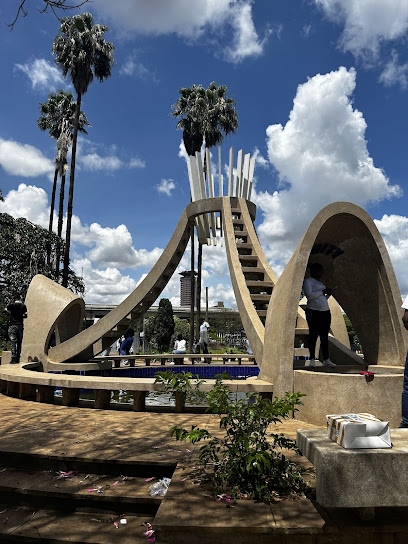
Giraffe Centre
Discover the enchanting world of Rothschild's giraffes at the Giraffe Centre in Nairobi, a vital conservation hub and unforgettable experience for all ages.
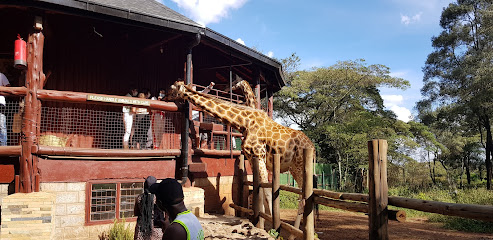
Kenya National Archives
Explore the Kenya National Archives: A Journey Through Time in Nairobi's Rich Cultural Heritage
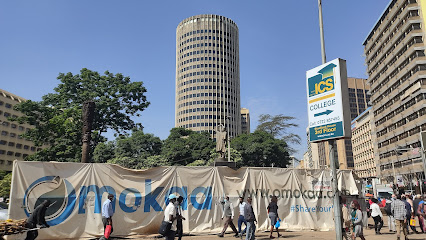
National Museum of Kenya
Discover the wonders of Kenya's heritage at the National Museum of Kenya, a cultural gem in Nairobi showcasing art, history, and nature.
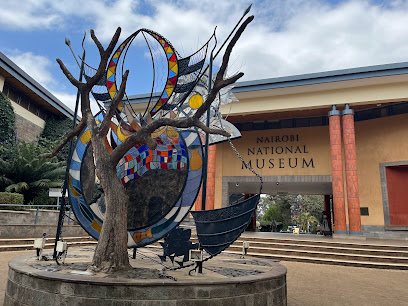
Nairobi National Park
Experience the extraordinary wildlife and breathtaking landscapes at Nairobi National Park, the only national park in a capital city.
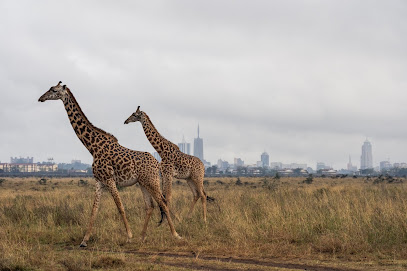
Kenyatta International Convention Centre
Explore the Kenyatta International Convention Centre, a hub of culture and commerce, offering stunning views and events in the heart of Nairobi.
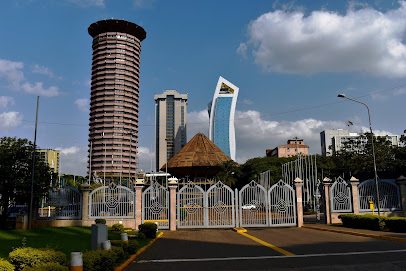
The Nairobi Arboretum
Experience the serene beauty and rich biodiversity of The Nairobi Arboretum, a tranquil escape in the heart of Nairobi, perfect for nature lovers.
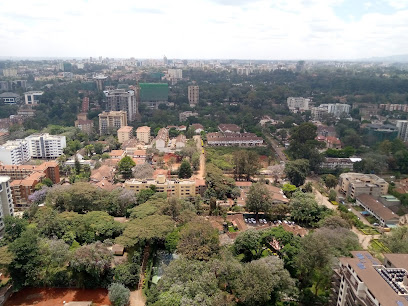
Ngong Road Forest Sanctuary
Explore the lush trails and diverse wildlife of Ngong Road Forest Sanctuary, a serene escape just outside Nairobi, perfect for nature lovers and adventurers alike.
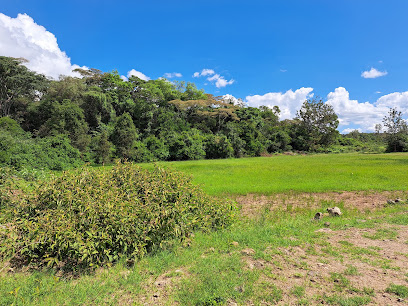
Bomas Of Kenya
Immerse yourself in the vibrant cultures of Kenya at Bomas of Kenya, a captivating cultural center in Nairobi featuring traditional music, dance, and crafts.
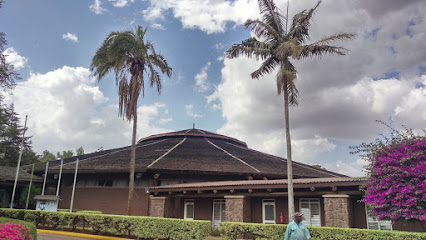
CBD
Explore the vibrant CBD of Nairobi, a bustling center blending modernity with rich culture, shopping, dining, and iconic landmarks.
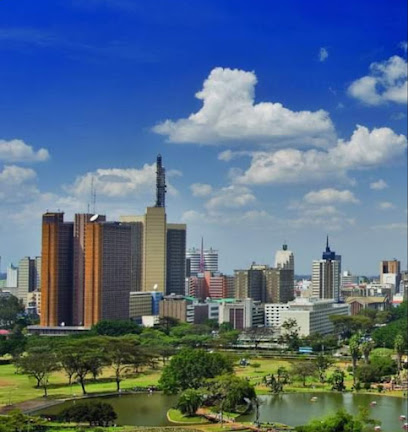
Uhuru Gardens
Discover Uhuru Gardens in Nairobi, a historical landmark celebrating Kenya's independence with lush landscapes and significant monuments.
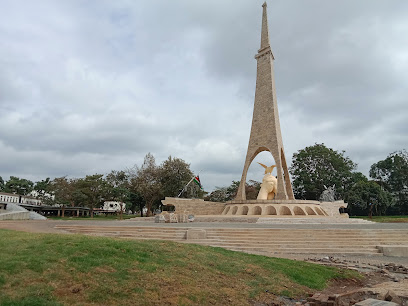
Karen Blixen Museum
Explore the Karen Blixen Museum in Nairobi, a cultural gem that brings the life of the iconic author to light amid beautiful gardens and fascinating exhibitions.
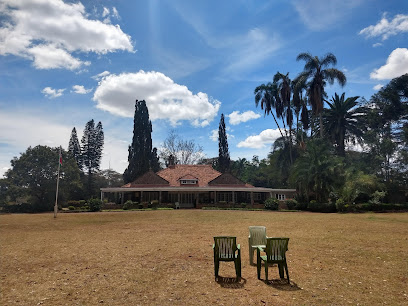
GP Karting Ltd
Experience the thrill of racing and the joy of dining at GP Karting Ltd, Nairobi's premier go-karting and entertainment destination.
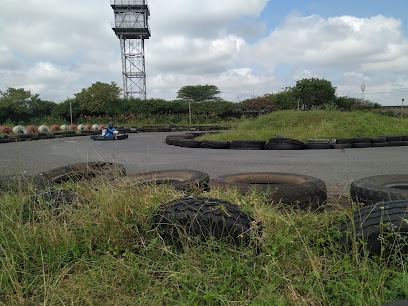
The Oloolua Nature Trail
Experience the serene beauty of Oloolua Nature Trail, a wildlife haven in Nairobi perfect for nature enthusiasts and adventure seekers alike.
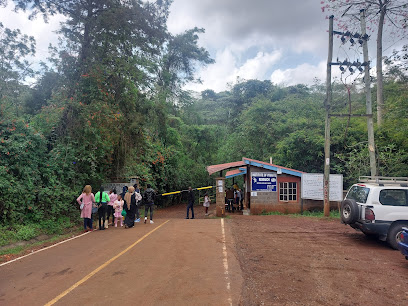
Nairobi Mamba Village
Discover the beauty of Nairobi Mamba Village, a park filled with Nile crocodiles, lush gardens, and fun activities for the whole family.
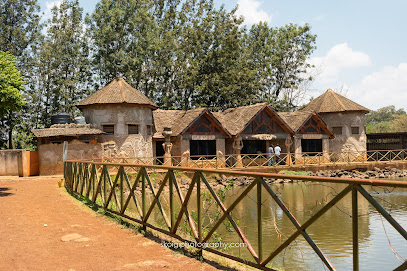
Unmissable attractions to see
Uhuru Park
Explore Uhuru Park, Nairobi's lush urban oasis, rich in history and natural beauty, perfect for relaxation and cultural experiences.
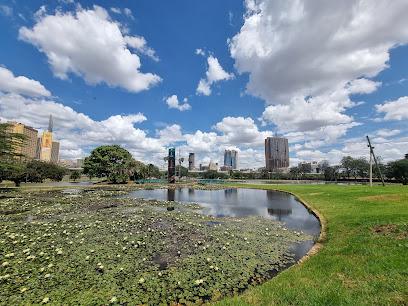
Giraffe Centre
Discover the Giraffe Centre in Nairobi, where you can meet and feed endangered Rothschild's giraffes while learning about conservation efforts.
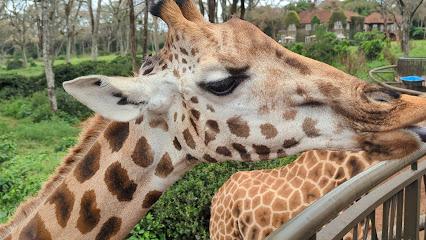
National Museum of Kenya
Discover Kenya's heritage at the National Museum, a captivating blend of history, art, and nature in the heart of Nairobi.
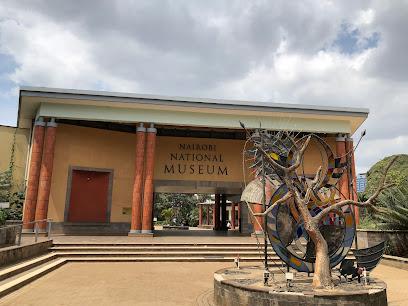
Nairobi National Park
Discover the breathtaking wildlife and stunning landscapes of Nairobi National Park, an urban oasis that showcases Kenya's rich biodiversity.
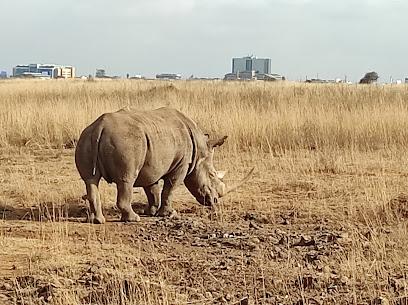
Kenyatta International Convention Centre
Discover Kenyatta International Convention Centre, Nairobi's iconic hub for culture, conferences, and breathtaking city views.
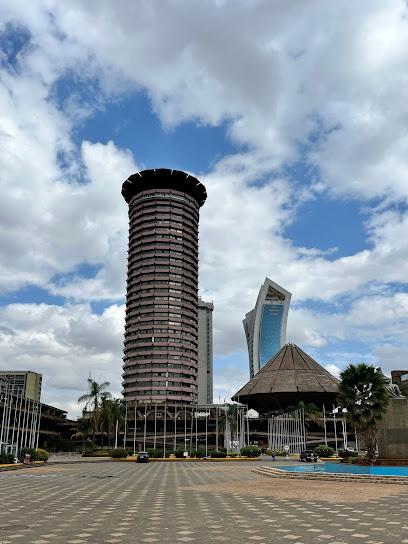
The Nairobi Arboretum
Explore the Nairobi Arboretum, a lush urban oasis with diverse flora and fauna, perfect for relaxation and nature exploration in the heart of Nairobi.
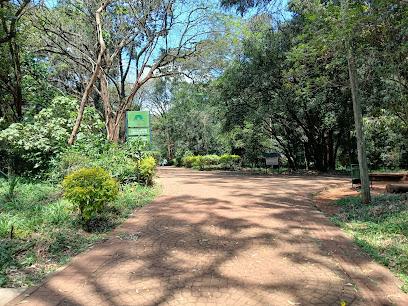
Nairobi Animal Orphanage
Experience the heartwarming stories of rescued wildlife at the Nairobi Animal Orphanage in Nairobi National Park, a must-visit for animal lovers.
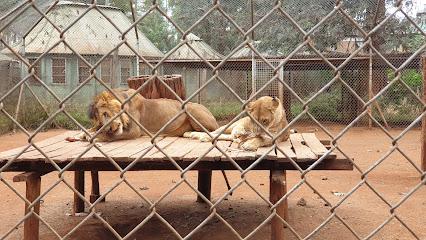
Elephant Nursery
Explore the heartwarming stories of orphaned elephants at Nairobi's Elephant Nursery, where conservation and compassion come together.
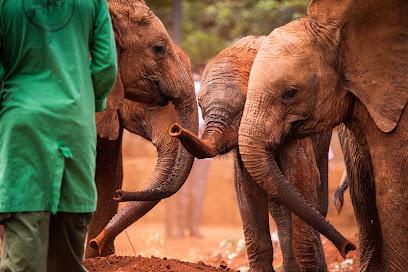
Bomas Of Kenya
Experience the vibrant cultures of Kenya through music, dance, and crafts at Bomas of Kenya, a must-visit cultural center in Nairobi.
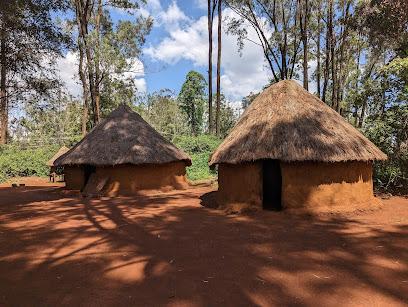
Maasai Market
Explore Maasai Market in Nairobi for a rich cultural experience and unique handcrafted souvenirs that showcase Kenya's vibrant artistry.
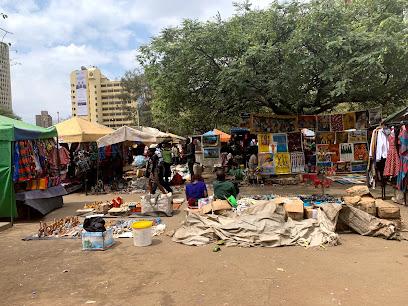
Maasai Market
Discover the heart of Kenyan craftsmanship at Maasai Market, where vibrant colors and unique handmade treasures await every traveler.
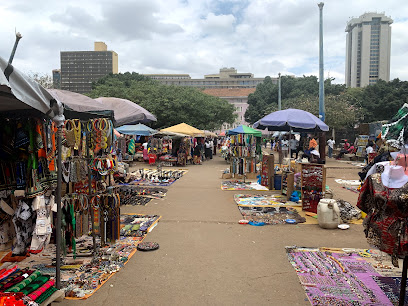
August 7th Memorial Park
Discover the August 7th Memorial Park in Nairobi: a serene space for reflection on Kenya's history, honoring the victims of the 1998 embassy bombing.
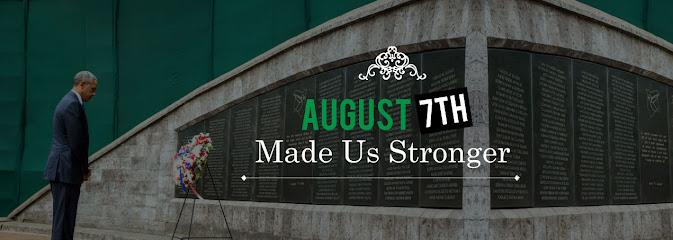
Karen Blixen Museum
Discover the rich literary heritage and colonial history at the Karen Blixen Museum, a must-visit cultural attraction in Nairobi.

K1 Klub House
Experience the vibrant nightlife and cultural fusion of Nairobi at K1 Klub House, your ultimate destination for entertainment, dining, and local markets.
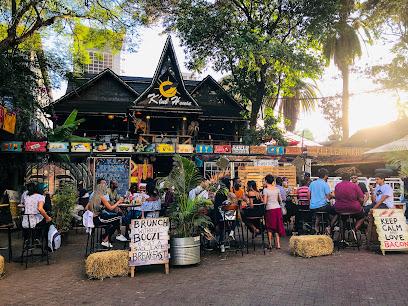
Riverside Park
Experience tranquility at Riverside Park, a lush urban oasis in Nairobi perfect for picnics, leisurely walks, and family outings amidst stunning natural beauty.
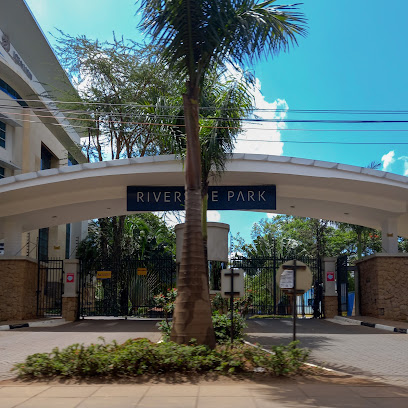
Essential places to dine
The carnivore restaurant
Experience the ultimate meat feast at The Carnivore Restaurant in Nairobi – where traditional Kenyan flavors meet exceptional hospitality.
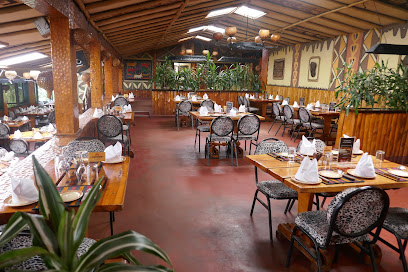
Kilimanjaro Jamia, Kimathi Street
Experience authentic Halal cuisine at Kilimanjaro Jamia – where delightful breakfasts meet vibrant Nairobi culture.
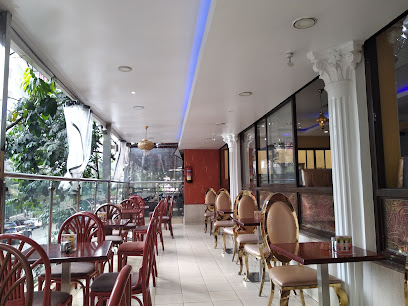
Fogo Gaucho
Experience authentic Brazilian barbecue at Fogo Gaucho in Nairobi - where every meal is a flavorful celebration.
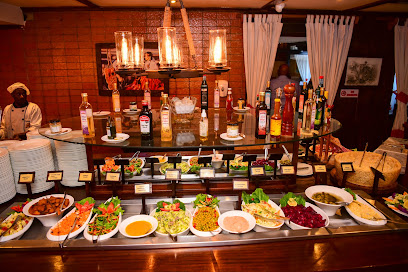
Urban Eatery
Discover Urban Eatery in Nairobi: A culinary delight featuring local and international flavors in a modern setting.
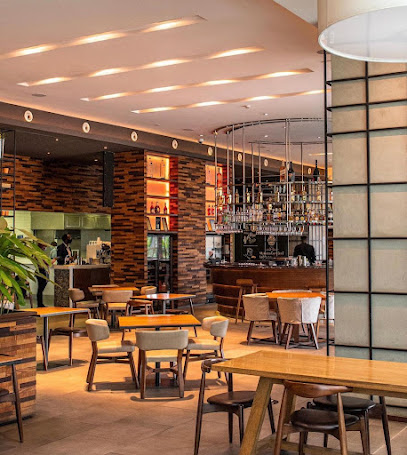
Talisman Restaurant
Experience an unforgettable culinary journey at Talisman Restaurant, where local flavors meet international cuisine in Nairobi's serene Karen suburb.
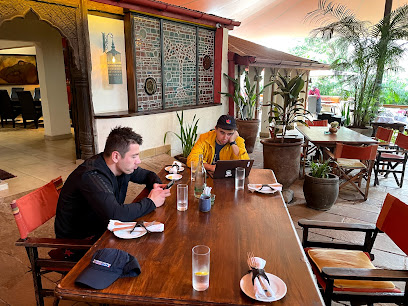
Habesha Ethiopian Restaurant
Discover the essence of Ethiopian cuisine at Habesha Ethiopian Restaurant in Nairobi - where every dish tells a story.
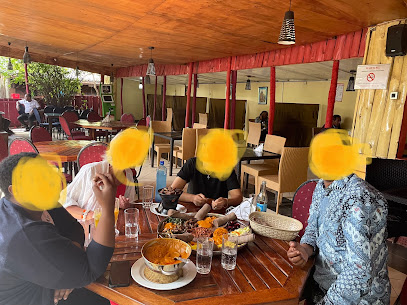
Mama Oliech Restaurant
Experience the heart of Kenya at Mama Oliech Restaurant - where authentic African cuisine meets warm hospitality.
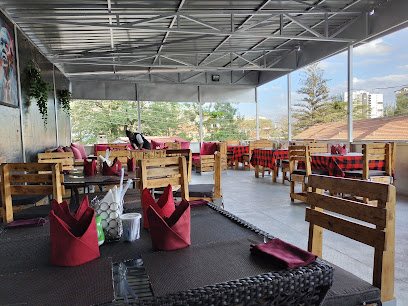
Nairobi Street Kitchen
Experience authentic Kenyan cuisine at Nairobi Street Kitchen, where every dish tells a story of flavor and tradition.
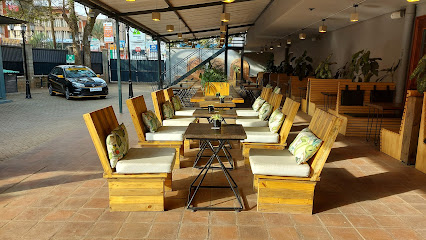
About Thyme Restaurant
Discover exquisite flavors and tranquil dining at About Thyme Restaurant in Kitisuru, Nairobi – where every meal is a culinary adventure.
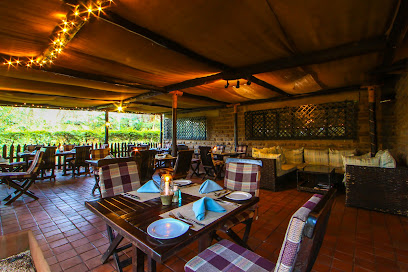
The Node, Westlands, Nairobi
Discover The Node: A Culinary Gem in Nairobi's Vibrant Westlands Offering Diverse Cuisine & Lively Atmosphere.
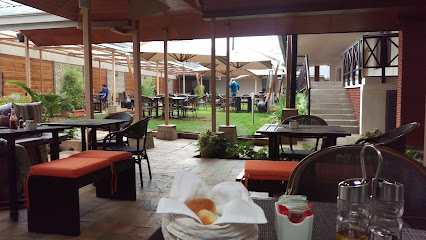
The Lord Erroll
Discover the elegant ambiance and exquisite cuisine at The Lord Erroll, Nairobi's premier destination for fine dining.
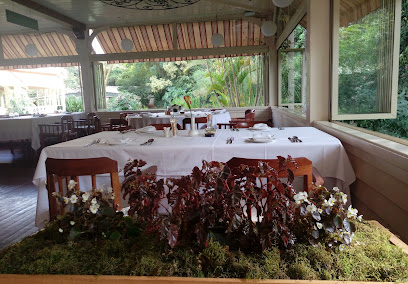
Under The Radar
Discover Under The Radar in Nairobi: A family-friendly restaurant offering diverse cuisine, event spaces, and playful experiences for all ages.
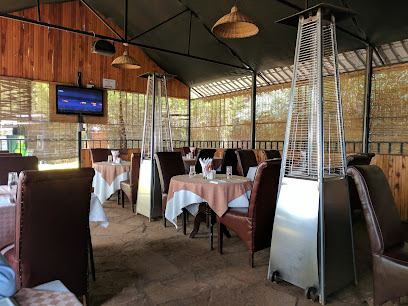
INTI - A Nikkei Experience
Savor an unforgettable dining experience at INTI - A Nikkei Experience, where Japanese finesse meets Peruvian flair high above Nairobi.
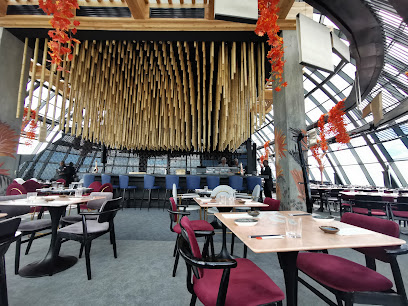
Botanica - Kitchen and Gin Bar
Experience Nairobi's vibrant culinary scene at Botanica - Kitchen and Gin Bar with breathtaking views and exquisite gin cocktails.
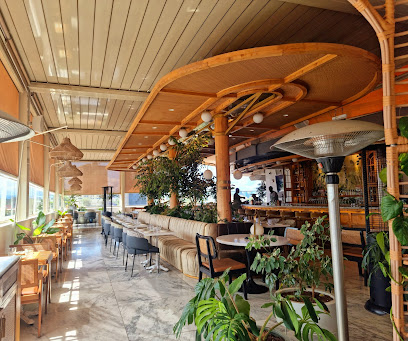
Mawimbi Seafood Restaurant & Cafè
Discover the finest seafood and Italian cuisine at Mawimbi Seafood Restaurant & Cafè in Nairobi – where culinary excellence meets exceptional service.
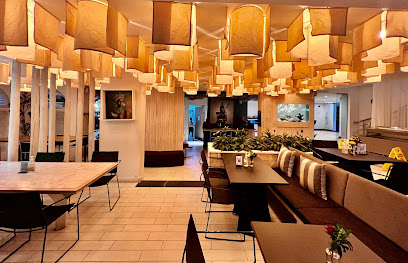
Markets, malls and hidden boutiques
TRM - Thika Road Mall
Experience shopping, dining, and entertainment at TRM - Thika Road Mall, a vibrant hub in Nairobi that caters to every taste and preference.
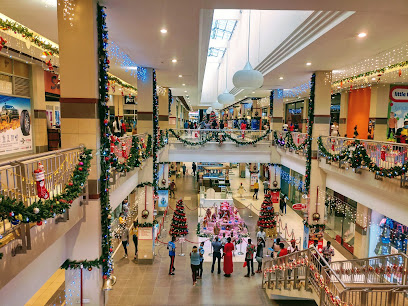
Two Rivers
Discover the ultimate shopping experience at Two Rivers Mall, Nairobi's premier destination for retail, dining, and entertainment.
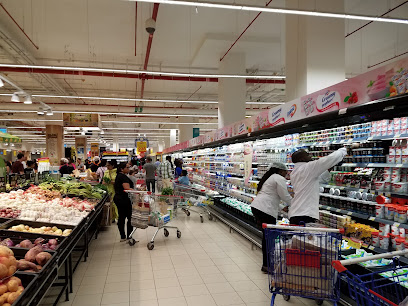
The Junction Mall
Discover a vibrant shopping experience at The Junction Mall in Nairobi, where local culture meets modern retail and dining options.
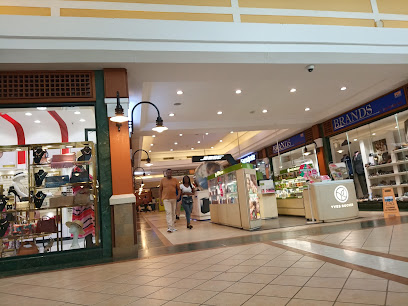
Village Market
Discover the vibrant blend of shopping, dining, and culture at Village Market, Nairobi's premier shopping destination.
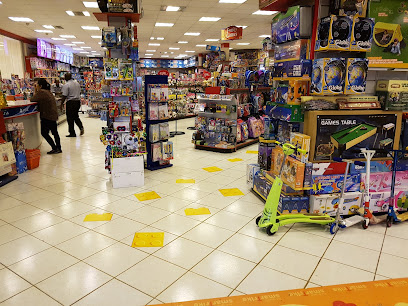
House of Leather & Gifts Muindi Mbingu Street
Explore the House of Leather & Gifts in Nairobi for unique handcrafted souvenirs that reflect the rich heritage and artistry of Kenya.
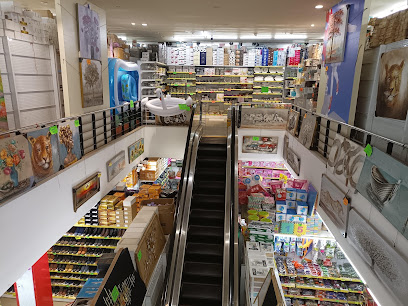
Rio Gift Shop
Discover unique gifts and authentic souvenirs at Rio Gift Shop in Nairobi, where personalized service meets vibrant Kenyan craftsmanship.
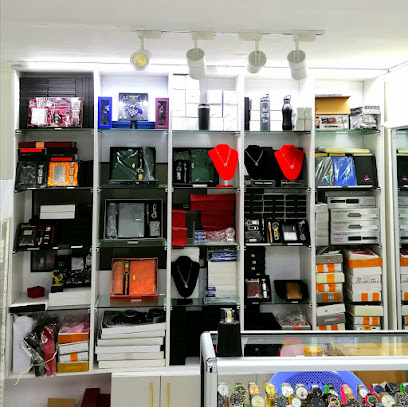
Langata Link Shops
Explore the charm of Langata Link Shops, Nairobi's premier gift shop destination for unique souvenirs and local crafts.
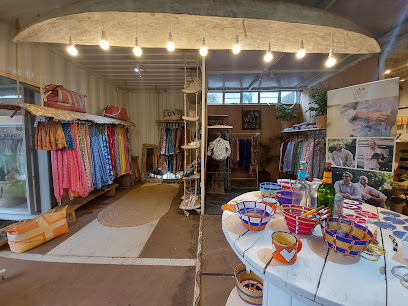
UN Gift Shop (Commissary)
Discover unique gifts and handcrafted treasures at the UN Gift Shop in Nairobi, where local culture meets global spirit.
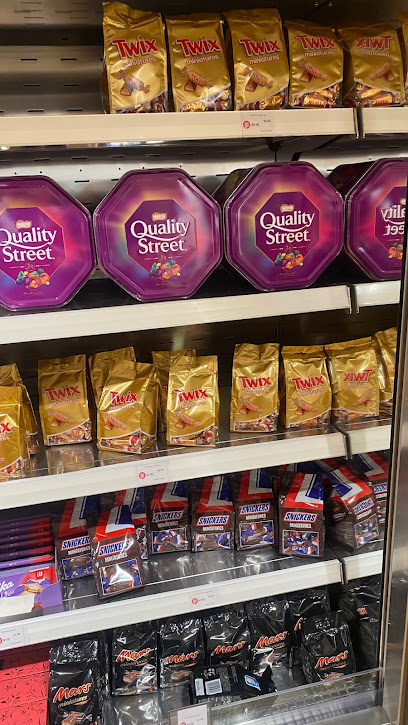
Unique fashion online shopping
Explore Nairobi's unique fashion accessories store, showcasing handcrafted items and local artistry for a stylish shopping experience.
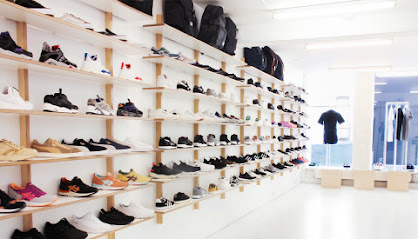
AMORE STORE KENYA
Discover the ultimate shopping experience at AMORE STORE KENYA, where fashion meets quality in Nairobi's vibrant Embakasi district.

Unique Stalls
Discover a vibrant shopping experience at Unique Stalls in Nairobi, where local crafts and delicious street food come together in a colorful cultural market.
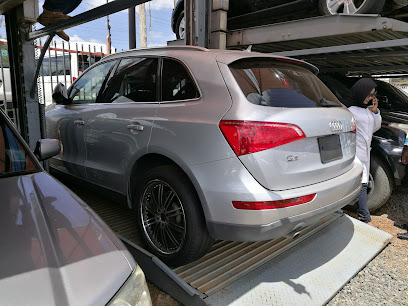
TOP-EDGE COLLECTIONS
Discover the essence of Nairobi's fashion at Top-Edge Collections—your go-to destination for stylish clothing and fragrances.
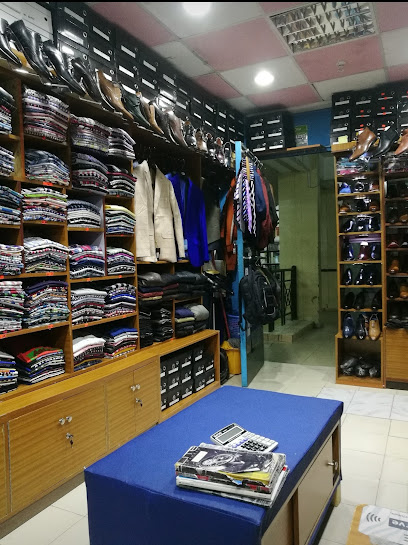
Timeless Gifts shop
Explore Timeless Gifts shop in Nairobi for unique souvenirs and exquisite watches, perfect for capturing the essence of your travels.
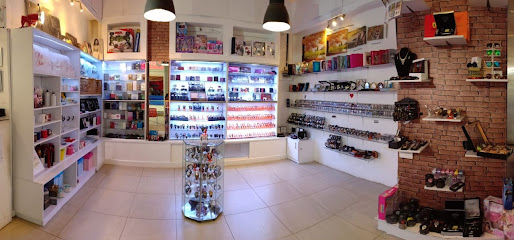
Tulia African Store
Explore Tulia African Store for unique handcrafted gifts and authentic African artistry, perfect for tourists seeking memorable souvenirs.
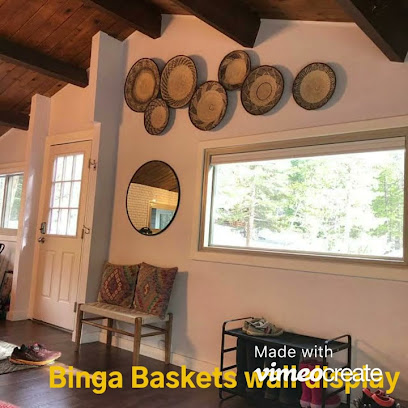
Shop
Explore the vibrant shopping scene at Tembo Coop House, Nairobi's premier outlet mall, where local crafts and fashion await every visitor.
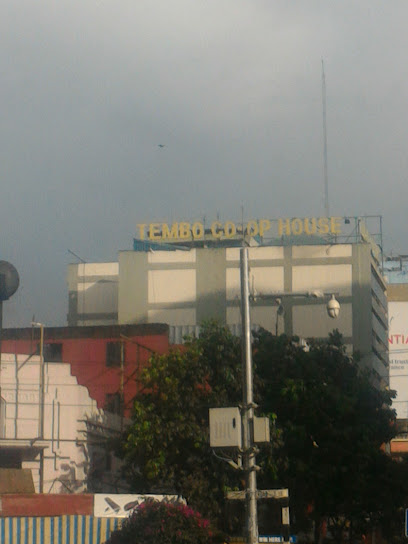
Essential bars & hidden hideouts
Brew Bistro Fortis
Discover the perfect blend of grilled delights and stunning views at Brew Bistro Fortis in Nairobi's Westlands.
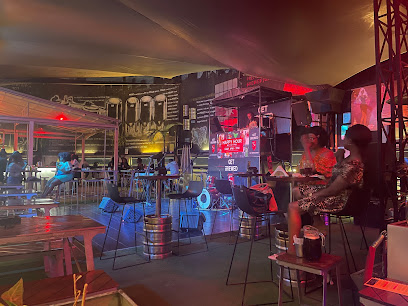
Milan
Discover Milan Lounge in Nairobi, where brunch meets vibrant nightlife in a stylish atmosphere, perfect for every social occasion.
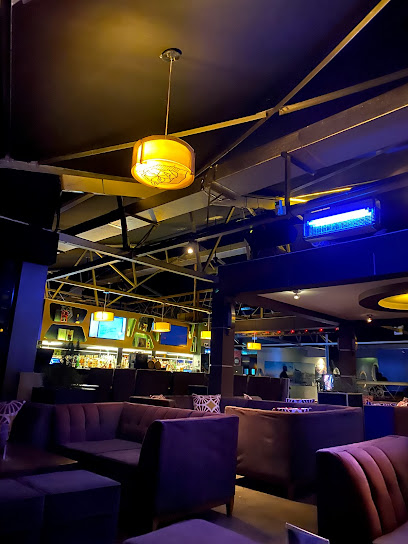
The Bar Next Door
Experience the vibrant flavors and lively atmosphere at The Bar Next Door, Nairobi's premier grill restaurant in the heart of Kileleshwa.
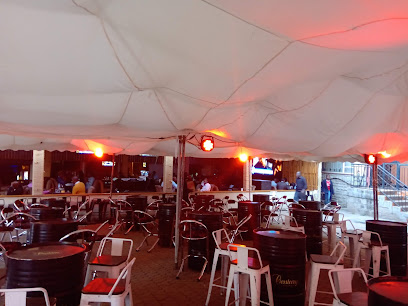
Botanica - Kitchen and Gin Bar
Discover Botanica - Kitchen and Gin Bar, where exquisite cuisine meets a stunning skyline view in the heart of Nairobi.
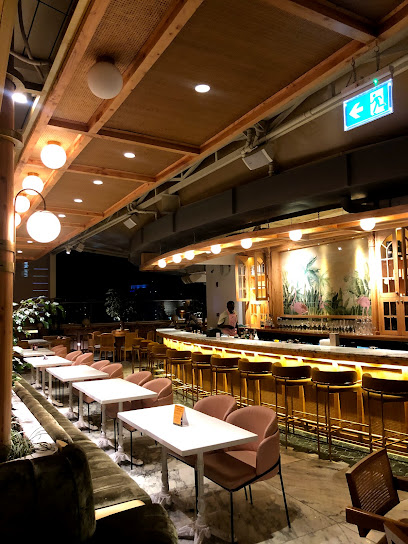
Scratch Bar
Discover Scratch Bar in Nairobi for a lively atmosphere, delicious grills, and a vibrant nightlife experience that captures the essence of local culture.
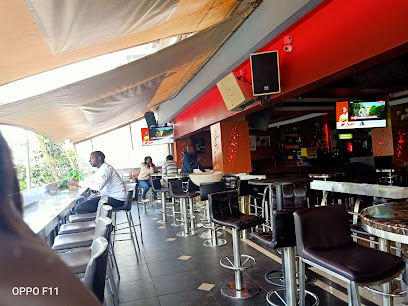
Mwenda's Pub
Discover Nairobi's vibrant nightlife at Mwenda's Pub, where local drinks and lively entertainment create the perfect evening atmosphere.
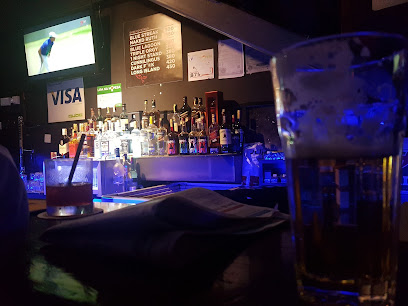
Number 7 Club
Discover Nairobi's nightlife at Number 7 Club, a lively bar known for its unique cocktails, vibrant atmosphere, and local culture.
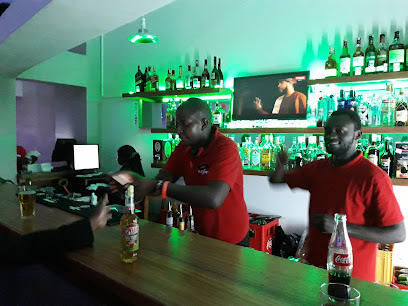
Bar Next Door Kiambu Road
Experience a vibrant culinary scene at Bar Next Door Kiambu Road, where delicious grills meet a lively atmosphere perfect for every occasion.
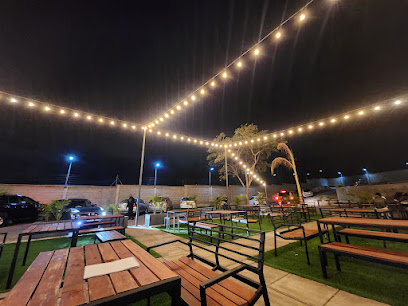
Sky Lounge
Discover the vibrant nightlife of Nairobi at Sky Lounge, where stunning city views meet exceptional cocktails in a chic atmosphere.
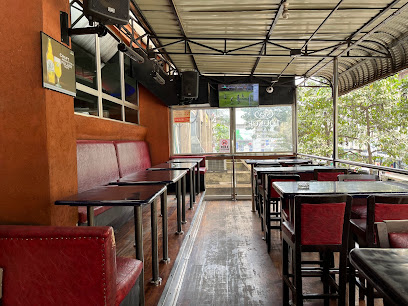
Havana Bar & Restaurant
Experience the vibrant flavors of Latin cuisine at Havana Bar & Restaurant, a lively grill and cocktail bar in Nairobi's Spring Valley.
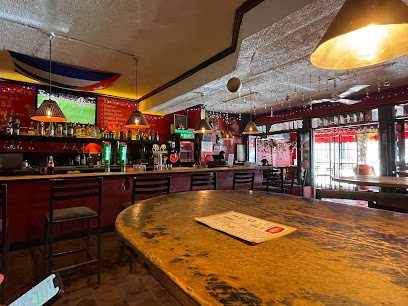
2 Grapes - Wine & Friends
Experience Nairobi's vibrant wine culture at 2 Grapes - Wine & Friends, where exquisite flavors meet a cozy atmosphere.
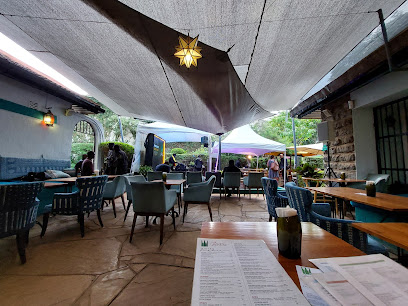
Sarabi Rooftop Restaurant
Experience exquisite dining and breathtaking views at Sarabi Rooftop Restaurant, Nairobi's premier culinary destination.
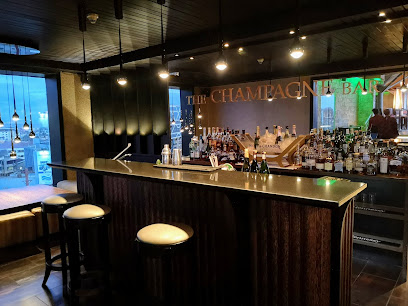
Edu's Bar
Discover the vibrant culinary scene at Edu's Bar in Nairobi, where delicious grilled dishes meet a lively atmosphere.
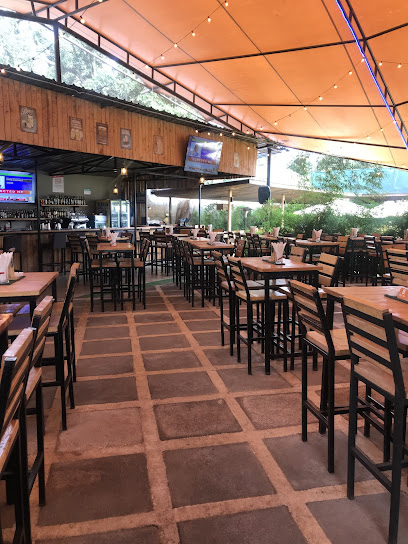
Wine Bar
Discover Nairobi's finest Wine Bar, where exquisite wines meet a lively atmosphere and delicious small plates.
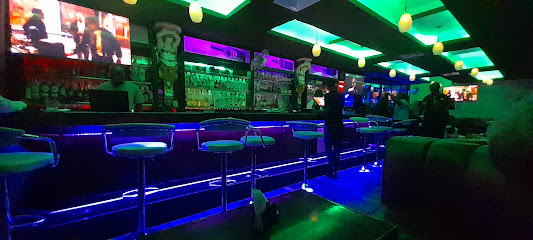
Local Phrases
-
- HelloJambo
[jahm-boh] - GoodbyeKwaheri
[kwa-heh-ree] - YesNdio
[n-dee-oh] - NoHapana
[ha-pa-na] - Please/You're welcomeTafadhali
[ta-fa-da-li] - Thank youAsante
[ah-san-teh] - Excuse me/SorrySamahani
[sah-mah-ha-nee] - How are you?Uko vipi?
[oo-koh vee-pee] - Fine. And you?Sawa. Na wewe?
[sa-wah. nah weh-weh] - Do you speak English?Unazungumza Kiingereza?
[oo-na-zoon-goom-zah kee-in-geh-reh-zah] - I don't understandSielewi
[see-leh-wee]
- HelloJambo
-
- I'd like to see the menu, pleaseNataka kuona menu, tafadhali
[nah-ta-kah koo-oh-nah meh-noo, tah-fa-da-li] - I don't eat meatSi kula nyama
[see koo-lah nee-ah-mah] - Cheers!Mambo!
[mahm-boh] - I would like to pay, pleaseNingependa kulipa, tafadhali
[ning-eh-pen-dah koo-lee-pah, tah-fa-da-li]
- I'd like to see the menu, pleaseNataka kuona menu, tafadhali
-
- Help!Msaada!
[msah-ah-dah] - Go away!Nenda zako!
[nen-dah zah-koh] - Call the Police!Piga polisi!
[pee-gah po-lee-see] - Call a doctor!Piga daktari!
[pee-gah dahk-tah-ree] - I'm lostNimepotea
[nee-meh-poh-teh-ah] - I'm illNinaumwa
[nee-nah-oom-wah]
- Help!Msaada!
-
- I'd like to buy...Ningependa kununua...
[ning-eh-pen-dah koo-noo-noo-ah] - I'm just lookingNiko tu naangalia
[nee-koh too nah-an-gah-lee-ah] - How much is it?Bei ni ngapi?
[bay nee ngah-pee] - That's too expensiveHii ni ghali sana
[hee nee gha-lee sah-nah] - Can you lower the price?Unaweza kupunguza bei?
[oo-nah-weh-zah koo-poon-goo-zah bay]
- I'd like to buy...Ningependa kununua...
-
- What time is it?Saa ngapi?
[sah ngah-pee] - It's one o'clockNi saa moja
[nee sah moh-jah] - Half past (10)Nusu ya kumi
[noo-soo yah koo-mee] - MorningAsubuhi
[ah-soo-boo-hee] - AfternoonMchana
[m-chah-nah] - EveningJioni
[joh-ee-nee] - YesterdayJana
[jah-nah] - TodayLeo
[leh-oh] - TomorrowKesho
[keh-shoh] - 1Moja
[moh-jah] - 2Mbili
[m-bee-lee] - 3Tatu
[tah-too] - 4Nne
[n-neh] - 5Tano
[tah-noh] - 6Sita
[see-tah] - 7Saba
[sah-bah] - 8Nane
[nah-neh] - 9Tisa
[tee-sah] - 10Kumi
[koo-mee]
- What time is it?Saa ngapi?
-
- Where's a/the...?Iko wapi...?
[ee-koh wah-pee] - What's the address?Anuani ni gani?
[ah-noo-ah-nee nee gah-nee] - Can you show me (on the map)?Unaweza kunionyesha (kwenye ramani)?
[oo-nah-weh-zah koo-nee-oh-nyeh-shah kweh-neh rah-mah-nee] - When's the next (bus)?Basi lijalo litakuja lini?
[bah-see lee-jah-loh lee-tah-koo-jah lee-nee] - A ticket (to ....)Tiketi (kwenda...)
[tee-keh-tee (kwen-dah)]
- Where's a/the...?Iko wapi...?
History of Nairobi
-
Before the arrival of European settlers, the area that is now Nairobi was largely an uninhabited swamp, frequented by the Maasai people. The Maasai called the area 'Enkare Nyrobi,' which means 'cool water,' a reference to the Nairobi River.
-
Nairobi was founded in 1899 as a rail depot on the Uganda Railway. Its strategic location between Mombasa and Kampala made it a convenient stopover and administrative center. The city began to grow rapidly as British colonialists built infrastructure and attracted laborers from various ethnic communities.
-
In 1905, Nairobi replaced Mombasa as the capital of British East Africa. Its elevation and cooler climate were favorable compared to the coastal city. This change catalyzed Nairobi's transformation from a modest railway outpost to a burgeoning city.
-
The 1950s were a turbulent time in Nairobi's history. The Mau Mau Uprising, a rebellion against British colonial rule, saw extensive violence and led to the declaration of a state of emergency in 1952. The city became the focal point for both colonial authority and resistance movements.
-
Kenya gained independence from Britain on December 12, 1963, and Nairobi was established as the nation's capital. Under the leadership of Jomo Kenyatta, the city experienced rapid urbanization and modernization. New governmental and commercial buildings sprang up, transforming the cityscape.
-
Nairobi is a melting pot of cultures, reflective of its diverse population. The city is home to numerous ethnic communities, including the Kikuyu, Luo, Luhya, and Kamba. The blend of traditions, languages, and religions adds a rich cultural layer to the city.
-
Today, Nairobi is recognized as a major financial and economic hub in East Africa. Home to multinational corporations, international organizations, and the Nairobi Securities Exchange, the city plays a critical role in the region's economic landscape.
-
Despite its urban sprawl, Nairobi is known for its green spaces and natural beauty. Nairobi National Park, situated just a short drive from the city center, offers a unique opportunity to see wildlife like lions and giraffes against the backdrop of the city skyline.
-
Nairobi has also become a center for technological innovation, often referred to as 'Silicon Savannah.' The city is a hub for tech startups and innovation centers, including the renowned iHub, which supports and fosters the growth of the tech community.
-
Like many rapidly growing cities, Nairobi faces challenges such as traffic congestion, pollution, and informal settlements. However, the resilience and entrepreneurial spirit of its residents continue to drive progress and development.
Nairobi Essentials
-
Nairobi is accessible via Jomo Kenyatta International Airport (NBO), which serves as the main gateway to the city. The airport is well-connected with major international cities through various airlines. From the airport, you can take a taxi or use ride-sharing services to reach your destination in Nairobi. Alternatively, domestic flights are available from other Kenyan cities to Wilson Airport (WIL), located closer to the city center.
-
Nairobi offers several modes of transportation, including matatus (shared minibuses), buses, taxis, and ride-sharing services like Uber and Bolt. Matatus are the most common and affordable option, but they can be crowded and chaotic. Taxis and ride-sharing services provide more comfort and convenience. Additionally, the Nairobi Commuter Rail service connects the city center with suburban areas. Car rentals are available but driving can be challenging due to traffic and unfamiliar road conditions.
-
The official currency in Kenya is the Kenyan Shilling (KES). Credit and debit cards are widely accepted in hotels, restaurants, and larger stores. However, it's advisable to carry some cash for smaller establishments and markets. ATMs are readily available throughout Nairobi, and currency exchange services can be found at the airport and major hotels. Mobile money services like M-Pesa are also widely used for payments and transfers.
-
Nairobi is generally safe for tourists, but it's important to stay vigilant. Avoid walking alone at night, especially in unfamiliar or poorly lit areas. High-crime areas targeting tourists include Eastleigh, parts of downtown Nairobi, and informal settlements like Kibera. Always use registered taxis or reputable ride-sharing services. Keep your belongings secure and be cautious of pickpockets in crowded places. Stick to well-known tourist areas and ask locals or hotel staff for advice on safe places to visit.
-
In case of emergency, dial 999 or 112 for immediate assistance. Nairobi has several hospitals and medical facilities, including Nairobi Hospital and Aga Khan University Hospital. It's recommended to have travel insurance that covers medical emergencies. For minor health issues, numerous pharmacies are available throughout the city. The U.S. embassy is located on United Nations Avenue, Gigiri, and can provide assistance to American citizens in emergencies.
-
Fashion: Do dress modestly, especially when visiting religious sites or rural areas. Avoid wearing overly revealing clothing. Religion: Do respect local customs and traditions. Remove your shoes when entering someone's home or a place of worship. Public Transport: Do be patient and cautious when using matatus, as they can be crowded and chaotic. Don't display valuables openly. Greetings: Do greet people with a handshake. Using the right hand is considered polite. Eating & Drinking: Do try local dishes like nyama choma and ugali. Don't drink tap water; always opt for bottled or filtered water.
-
To experience Nairobi like a local, visit the vibrant Maasai Market to shop for traditional crafts and souvenirs. Enjoy a meal at a local nyama choma joint for authentic Kenyan barbecue. Spend a day at Karura Forest for a scenic walk or bike ride. Engage with locals, who are often friendly and eager to share their culture. Don't miss visiting the Kazuri Beads Women's Cooperative for unique handmade jewelry and a glimpse into local craftsmanship.
Trending Landmark in Nairobi
-
Uhuru Park
-
Giraffe Centre
-
Kenya National Archives
-
National Museum of Kenya
-
Nairobi National Park
-
Kenyatta International Convention Centre
-
The Nairobi Arboretum
-
Ngong Road Forest Sanctuary
-
Bomas Of Kenya
-
CBD
-
Uhuru Gardens
-
Karen Blixen Museum
-
GP Karting Ltd
-
The Oloolua Nature Trail
-
Nairobi Mamba Village
Nearby Cities to Nairobi
-
Things To Do in Naivasha
-
Things To Do in Nakuru
-
Things To Do in Arusha
-
Things To Do in Moshi
-
Things To Do in Kisumu
-
Things To Do in Eldoret
-
Things To Do in Kitale
-
Things To Do in Mbale
-
Things To Do in Malindi
-
Things To Do in Mombasa
-
Things To Do in Jinja
-
Things To Do in Diani Beach
-
Things To Do in Singida
-
Things To Do in Mwanza
-
Things To Do in Lamu

















